As the global entertainment industry enters the high-tech era, robots are no longer just “sidekicks” in artistic projects – they are increasingly becoming the center of a creative and interactive revolution. From the streets of Texas to Broadway, from theme parks to recording studios, robots are stepping into the role of performers, cultural figures, and companions to humans on their creative journeys.

A sports match where the main athlete is a robot. (Source: Chinadaily)
Robots become stars at amusement parks
Unitree Robotics’ humanoid robot “Jake the Rizzbot” is a clear example of this change. With his expressive gait, Gen Z-like voice, and ability to interact in everyday language, Jake quickly became a phenomenon on American social media. In addition to dancing, this robot also communicates with the audience, creating a new and personalized entertainment experience.
Major music events like Tomorrowland have used robot DJs and drone light shows to create effects that are beyond human capabilities. Rock bands like Compressorhead – made entirely of robots – have performed with impeccable technique and AI-powered songwriting.

Unitree Robotics' humanoid robot “Jake the Rizzbot.” (Source: Unitree)
According to ThinkRobotics , more than 60% of major theme parks in the US have deployed robots as guides, interactive characters, and special effects technicians. With the advantage of continuous operation, robots help parks reduce costs while improving the quality of the experience.
Dr. Casey Bennett, a robot culture expert (Indiana University), commented: “Robots are gradually becoming cultural entities – capable of expressing and creating art. They can combine with humans in plays, hologram performances and interactive storytelling.”
In the sports arena, tournaments like RoboCup, BattleBots, and Unitree’s robot boxing are attracting millions of online viewers. With the ability to move precisely, dodge attacks, and process real-time data, sports robots provide a technologically-infused entertainment experience.
Challenges and downsides
Despite the immense creative potential, robots in entertainment also pose some significant challenges. One of the biggest concerns is the loss of humanity in the arts. When robots can perform, compose, and interact, the question is: Can true emotion be conveyed through a machine?
The threat of human displacement is also a thorny issue. Artists, technicians, writers and actors could face losing their jobs as robots take over roles traditionally held by humans. This would not only affect their livelihoods but also change the structure of the creative industry.
“Art – be it music or visuals – is designed to evoke deep emotions and reflect unique human experiences,” Abhishek Shivanna, a technology expert at Nubank, told Forbes. “As AI-generated content becomes mainstream, audiences may feel a lack of depth and authenticity that comes from real-life experiences.”

Robot Eve 6 conducted the Korean National Symphony Orchestra. (Source: Koreatechtoday)
When robots can create content, who owns the work? Using artists’ images and voices to train AI without their consent is a hot topic, especially in the context of the growing popularity of deepfakes and virtual characters.
Robots trained on existing data can unintentionally reproduce stereotypes, overshadowing cultural diversity and local creativity. Professor Nicola Sfondrini, an expert at PwC, said that if left unchecked, the entertainment industry could become monotonous, lacking depth and losing its identity: “One of the big challenges is the erosion of cultural diversity. AI-generated content can lack cultural nuance, leading to an entertainment industry that is homogeneous and lacking identity.”

Ai-Da Robot is the world's first robot to paint real pictures. (Source: Artreview)
Finally, the reliance on technology makes the entertainment industry vulnerable to technical failures, cyberattacks, and system failures. A disrupted robot show not only affects the audience experience, but also causes significant financial and reputational damage.
Robots may be great co-stars, but for the entertainment industry to thrive, humans still need to play a central role – as emotional, creative and cultural guides.
Source: https://vtcnews.vn/robot-ngoi-sao-moi-dinh-hinh-nganh-giai-tri-toan-cau-ar956848.html










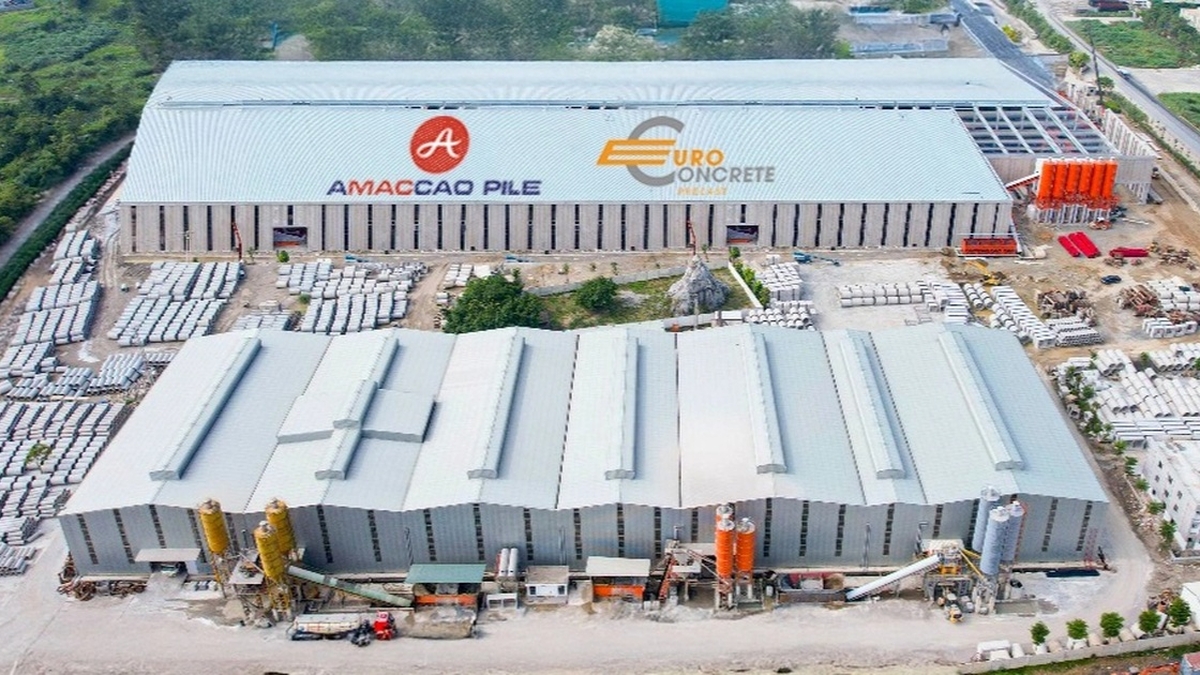



















![[Photo] National Assembly Chairman attends the seminar "Building and operating an international financial center and recommendations for Vietnam"](https://vphoto.vietnam.vn/thumb/1200x675/vietnam/resource/IMAGE/2025/7/28/76393436936e457db31ec84433289f72)

























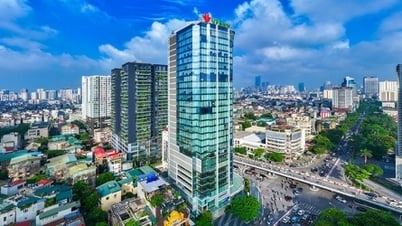


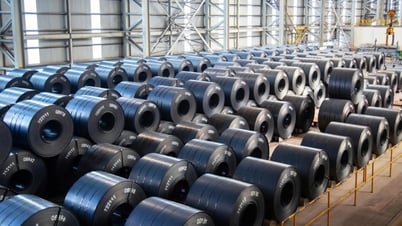







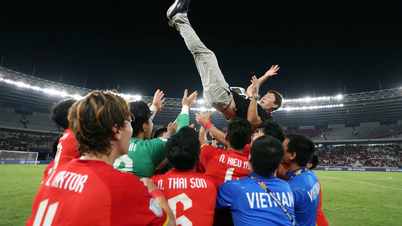




























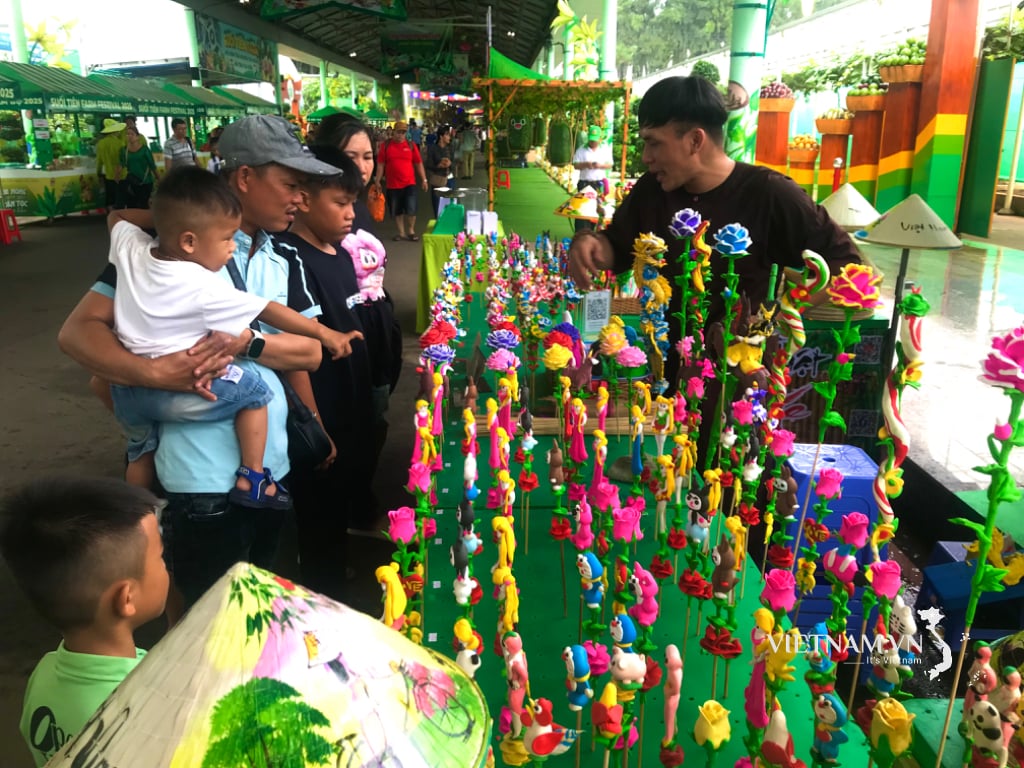

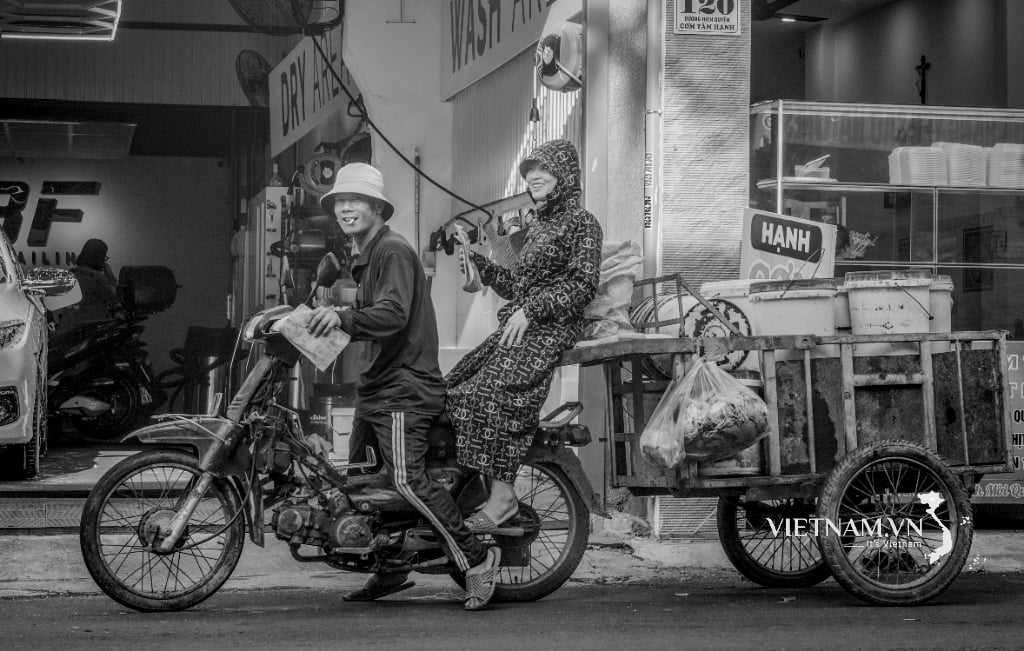

Comment (0)